Rabbits are wonderful pets, but not all breeds have the same personality, size, or care needs. Some are playful and energetic, while others love to snuggle. If you're thinking about bringing a rabbit into your home, it's important to choose the right breed for your lifestyle.
Click Here For a Beginners Guide to Rabbit Care.

This rabbit breed guide will help you understand different rabbit breeds, their care needs, and how to choose the best one for your family. We'll also cover grooming, diet, and why adopting from a rescue is a great option.
Understanding Rabbit Breeds
Rabbits come in many shapes, sizes, and personalities. Some are tiny, weighing only a few pounds, while others can grow to over 15 pounds! Their fur can be short, fluffy, or long and silky. Some breeds require extra grooming, while others are low maintenance.

Before choosing a rabbit, consider these factors:
Size: Do you want a small rabbit that fits in your lap or a large one that needs extra space?
Temperament: Some rabbits are playful and social, while others are shy and independent.
Grooming Needs: Long-haired breeds like the Angora require frequent brushing.
Space Requirements: Large rabbits need bigger enclosures and play areas.
Now, let's explore some of the most popular rabbit breeds!
Popular Breeds in This Rabbit Breed Guide
There are over 50 domesticated rabbit breeds, but here are 31 of the most common:
American Fuzzy Lop
American Rabbit
Angora Rabbit (English, French, Giant)
Belgian Hare
Californian Rabbit
Champagne d'Argent
Checkered Giant
Dutch Rabbit
Dwarf Hotot
English Lop
English Spot
Flemish Giant
Florida White
French Lop
Harlequin
Havana
Holland Lop
Jersey Wooly
Lionhead
Mini Lop
Mini Rex
Mini Satin
Netherland Dwarf
New Zealand Rabbit
Palomino
Polish Rabbit
Rex Rabbit
Satin Rabbit
Silver Marten
Tan Rabbit
Thrianta
How to Choose the Right Rabbit Breed
Choosing the right rabbit means thinking about your daily routine and home environment. Some breeds are better for small apartments, while others need lots of space.
Best for First-Time Owners: Holland Lops and Mini Rex rabbits are friendly and easy to care for.
Best for Families with Kids: Mini Lops and Dutch Rabbits are social and enjoy gentle playtime.
Best for People with Allergies: Rex and Mini Rex rabbits shed less dander than other breeds.
Best for Small Living Spaces: Netherland Dwarfs and Polish Rabbits do well in smaller areas.
Best for Experienced Owners: Angoras require frequent grooming and need more attention.
Do All Rabbits Have the Same Diet?
Every rabbit needs a diet rich in hay, fresh vegetables, and a small number of pellets. However, size and breed can affect their food intake.
Small Breeds: Rabbits like the Netherland Dwarf have high metabolisms and need frequent small meals.
Large Breeds: French Lops need bigger portions and plenty of hay to stay healthy.
Dental health is also a key factor in their diet. Rabbits should always have access to high-quality hay to prevent dental problems. Learn more about rabbit dental care.

Which Rabbits Are the Most Affectionate?
Some rabbits love human interaction and will enjoy being handled. Here are a few of the friendliest breeds:
Holland Lop: Playful, friendly, and loves human interaction.
Mini Lop: Outgoing, cuddly, and enjoys being held.
Rex Rabbit: Gentle, calm, and bonds well with owners.
Are Netherland Dwarf Rabbits Good for Kids?
Netherland Dwarfs are adorable but might not be the best choice for young children. They are small and delicate, making them more prone to injury.
Temperament: Lively but skittish, they prefer gentle handling.
Size: Weighing only 2-3 pounds, they can be easily hurt.
Social Needs: They require patience and trust-building.
Always supervise children when handling rabbits to ensure a positive experience for both.
Final Thoughts on Choosing a Rabbit
Finding the right rabbit takes research and careful planning. Whether you choose a tiny Netherland Dwarf, a playful Holland Lop, or a relaxed Rex, understanding their needs will help you provide the best care.
Remember, many rabbits in shelters need loving homes. Consider adopting from a rescue to give a bunny a second chance.




























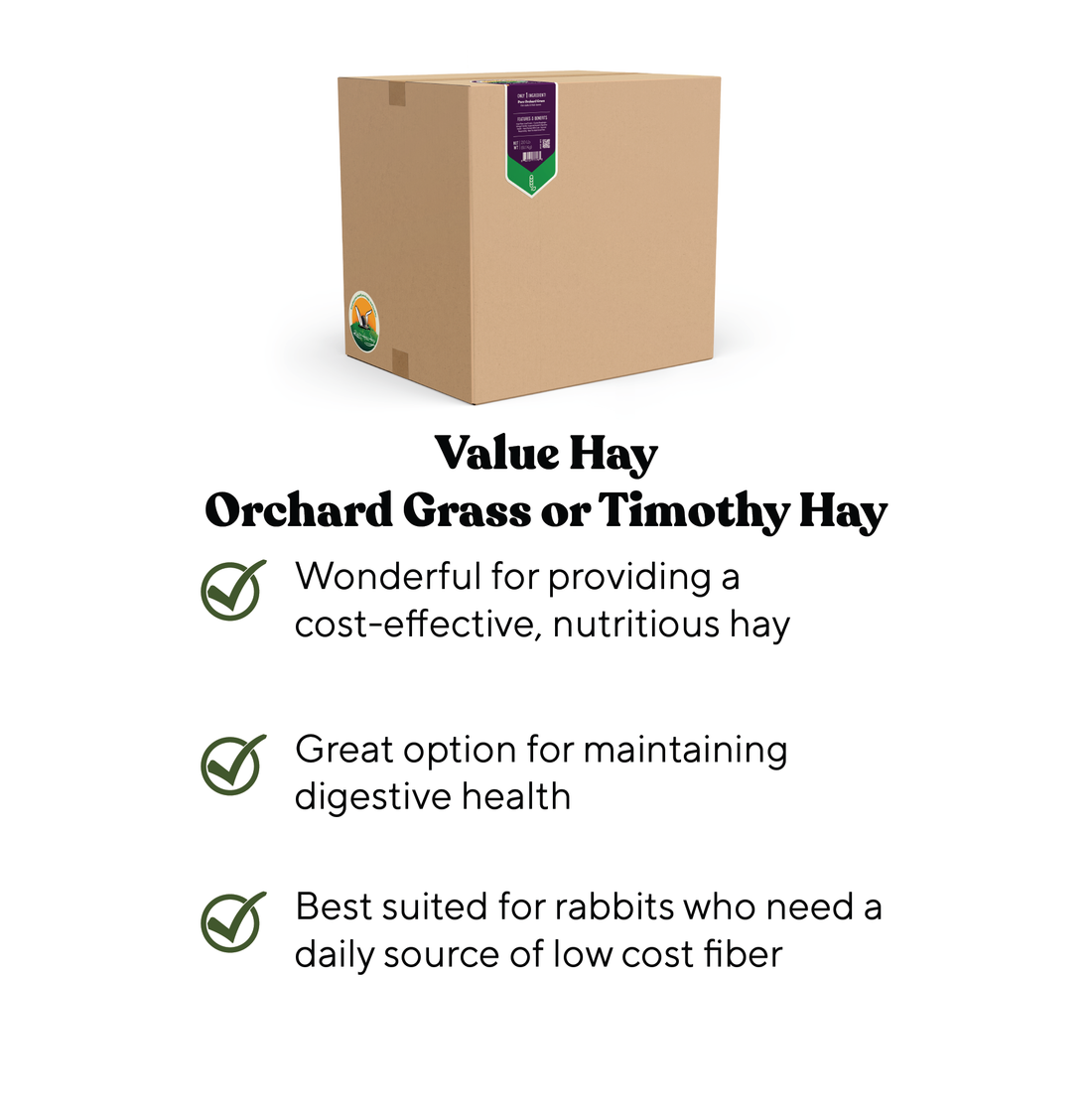

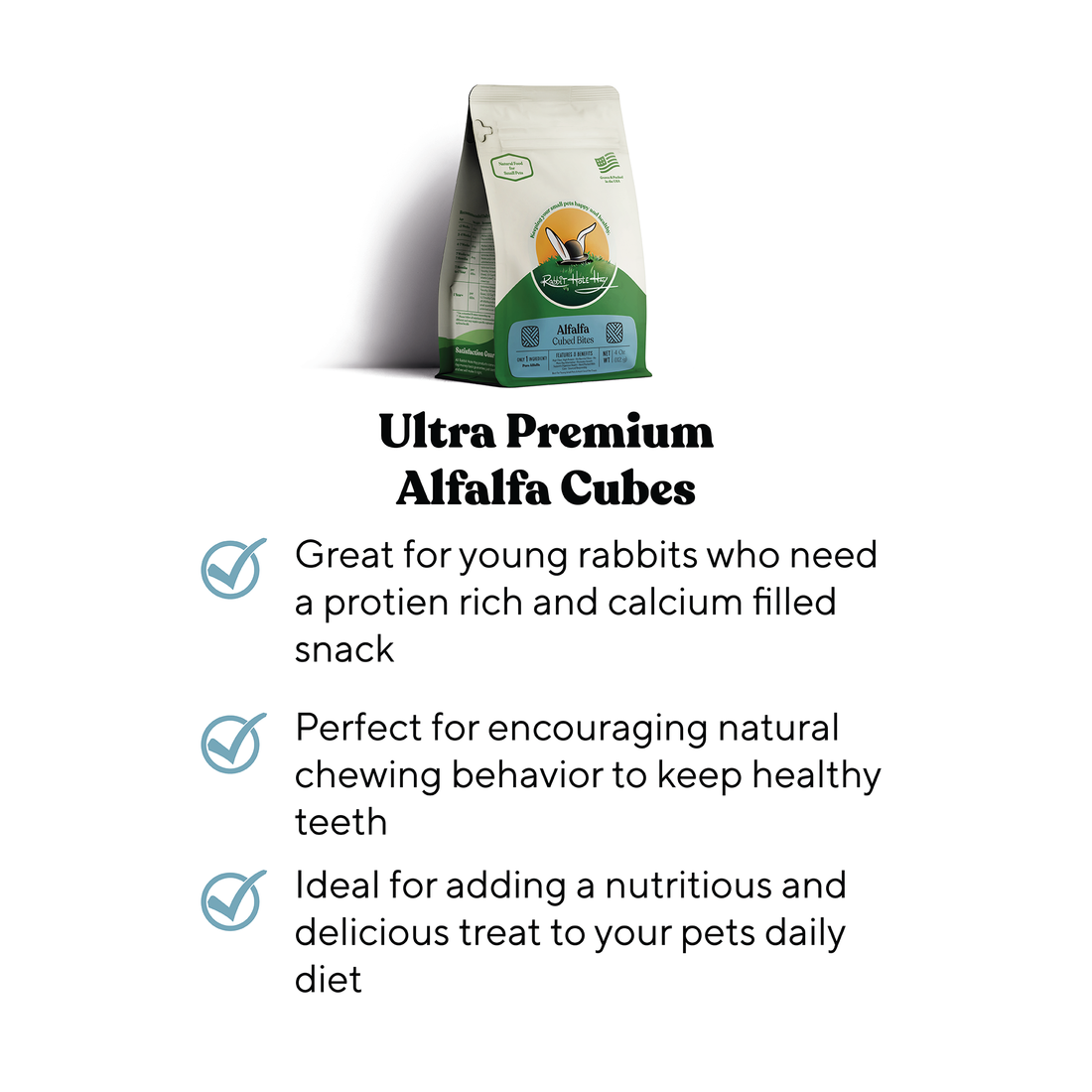


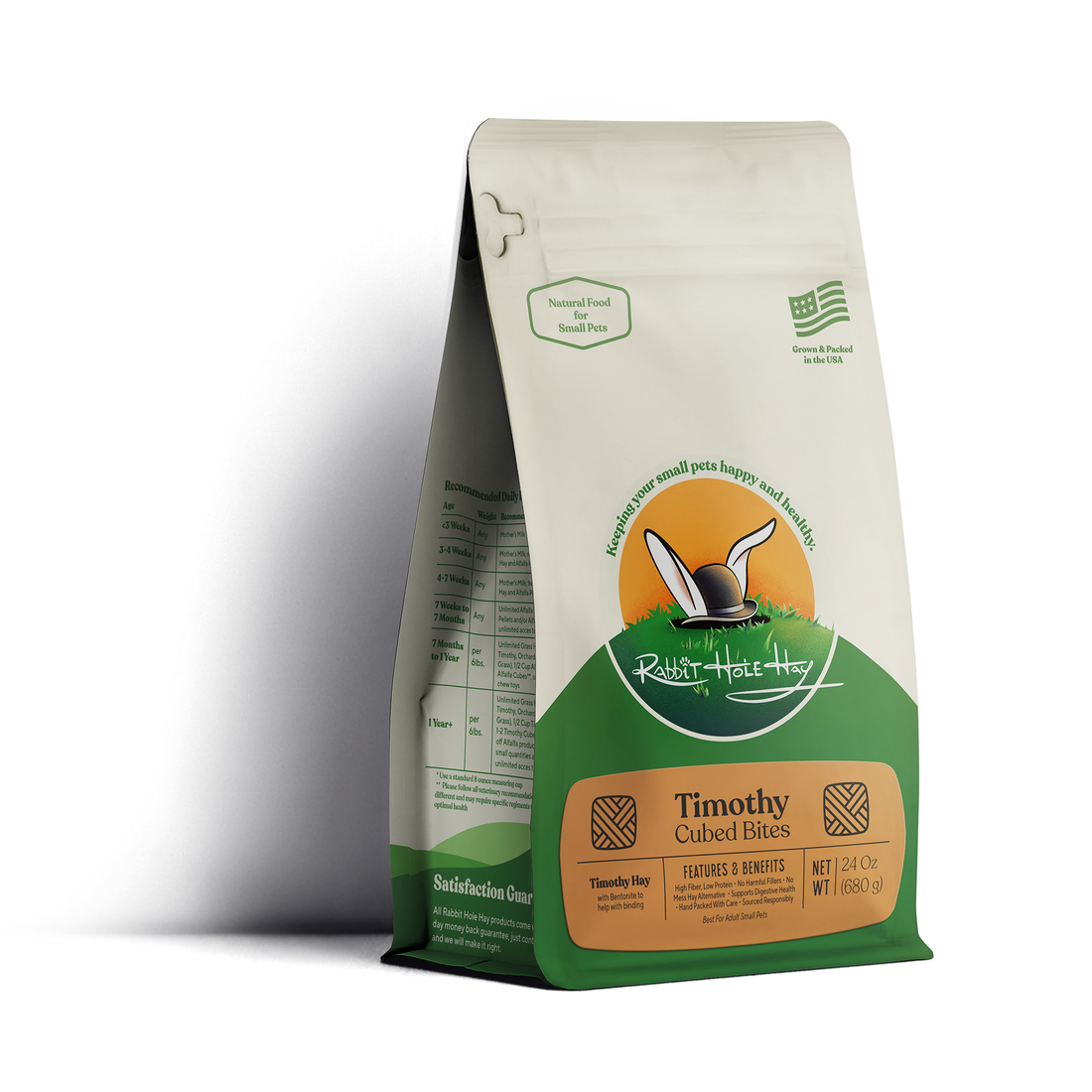

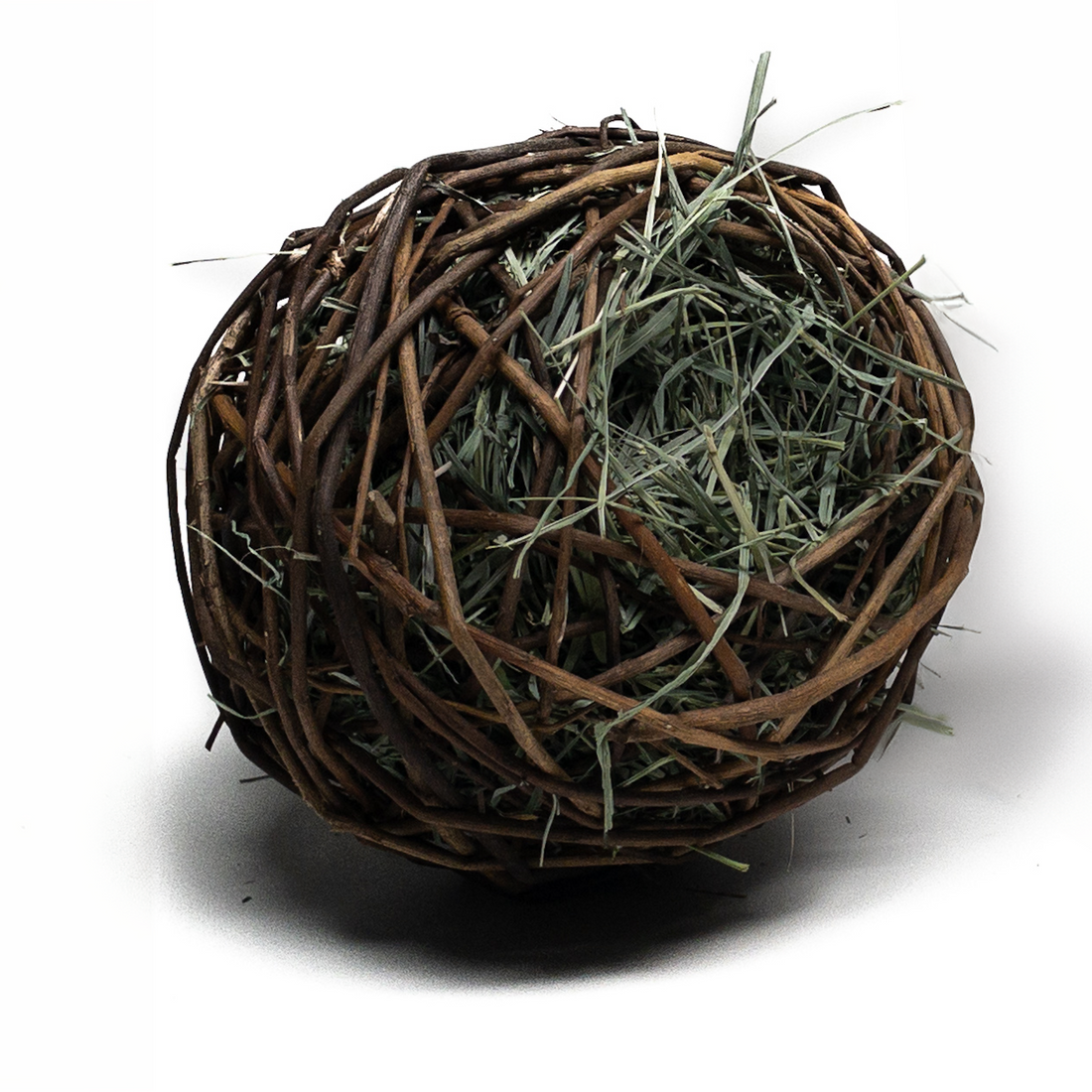



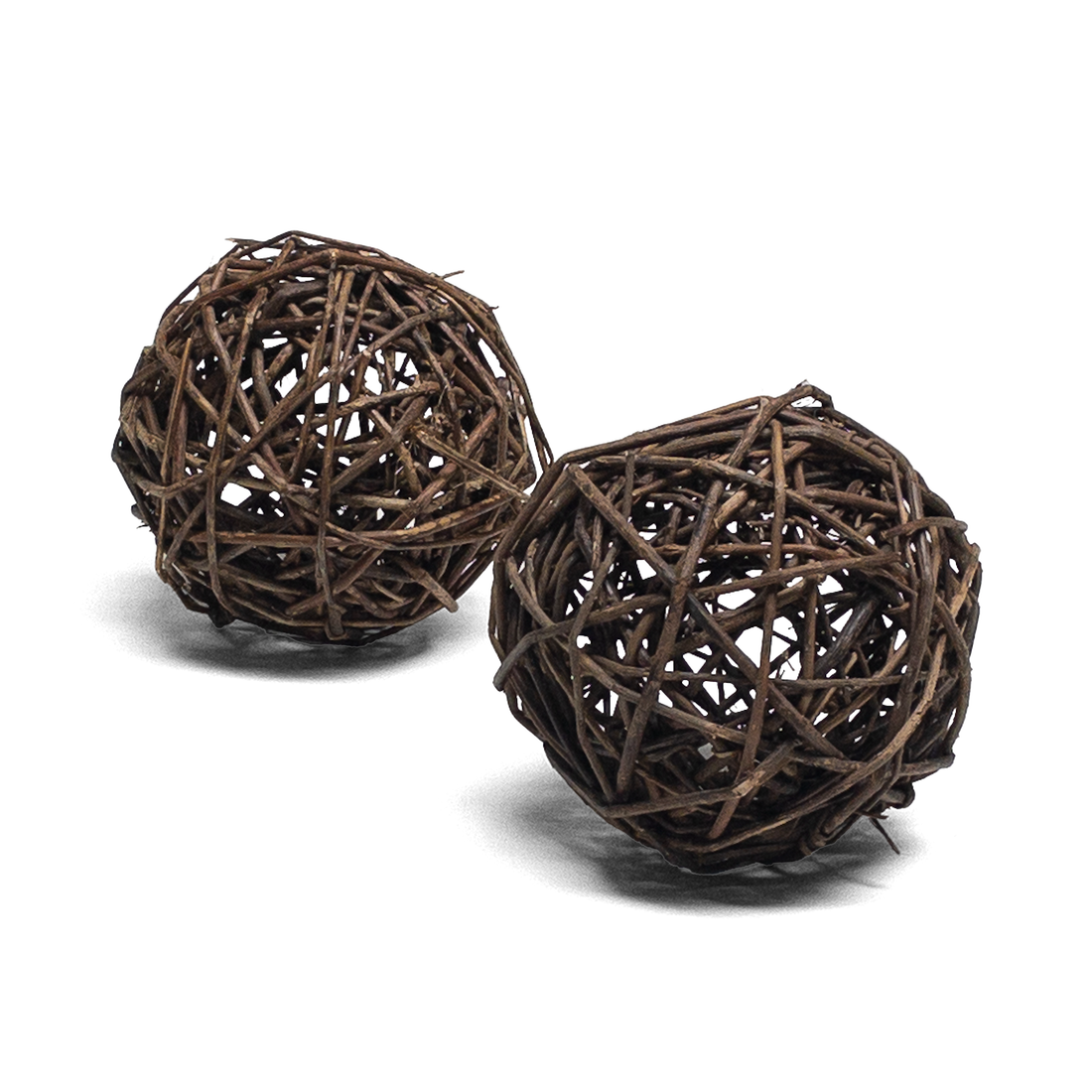


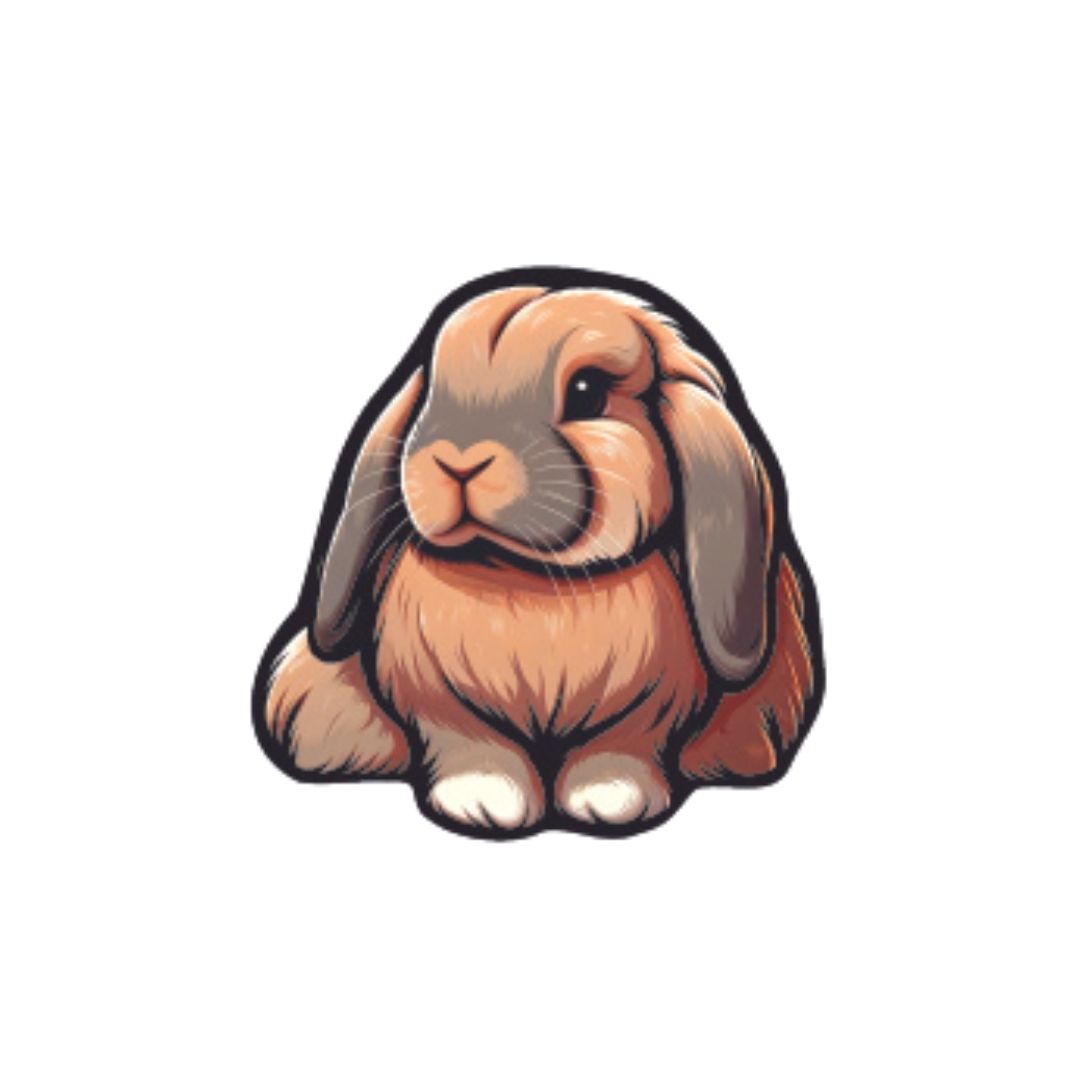



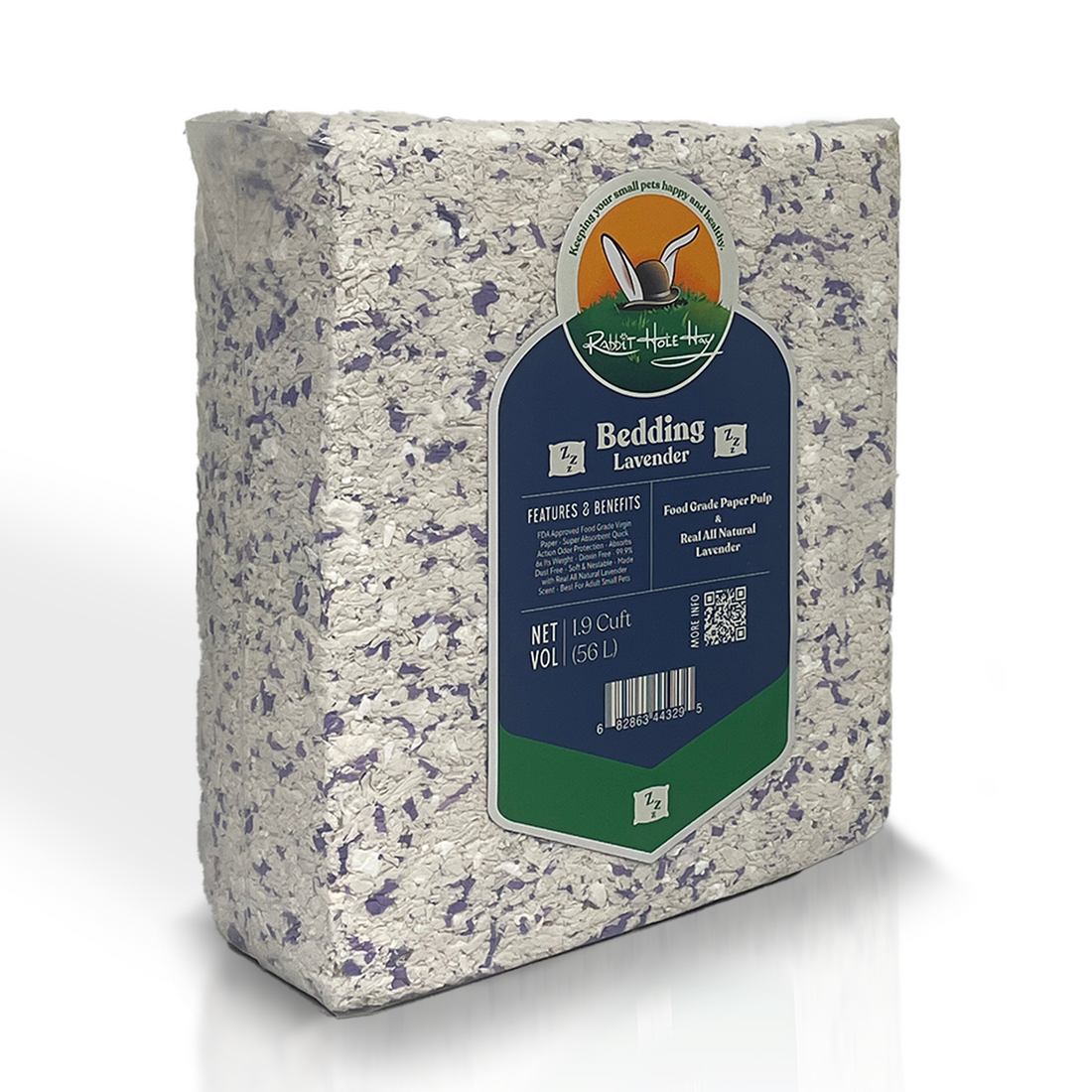
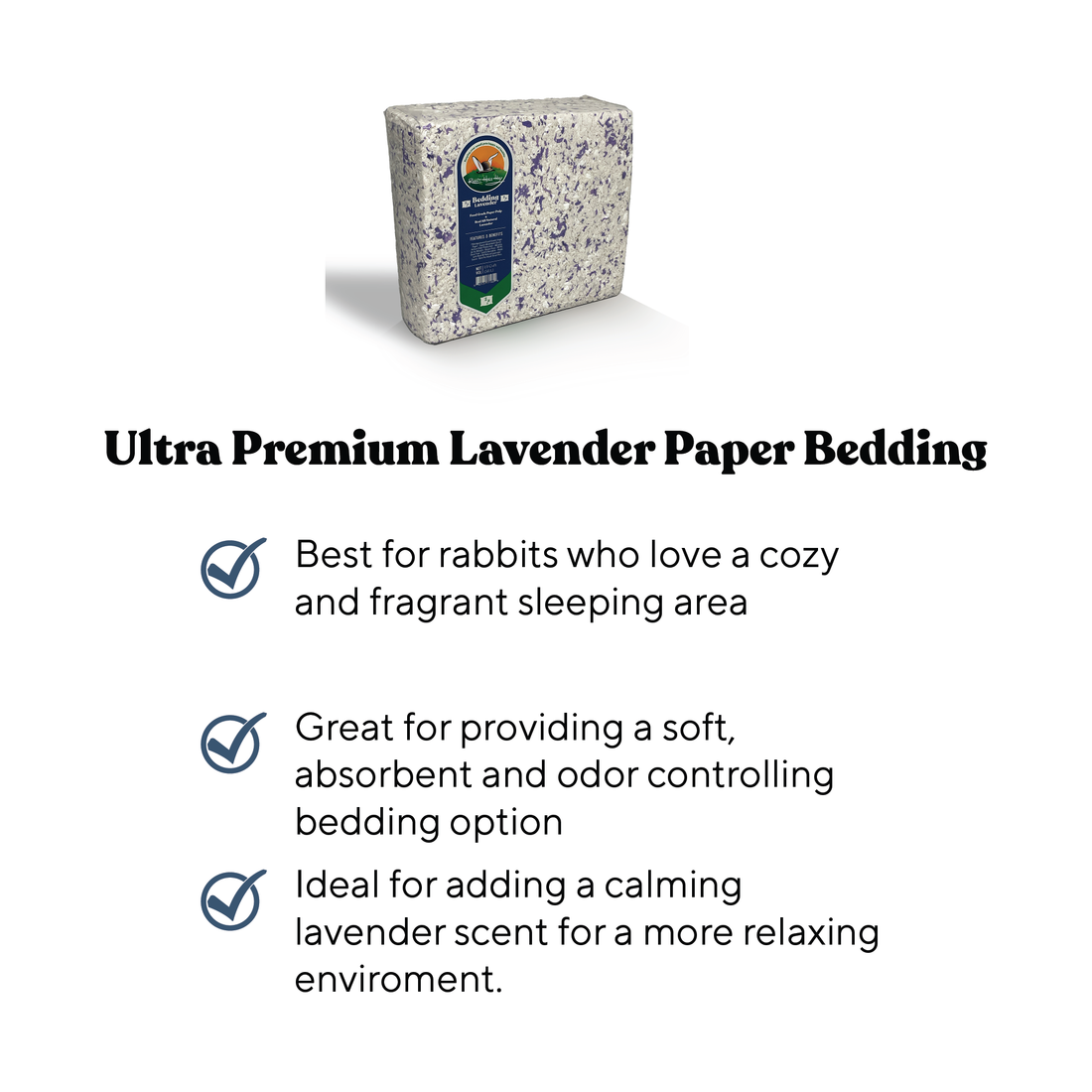




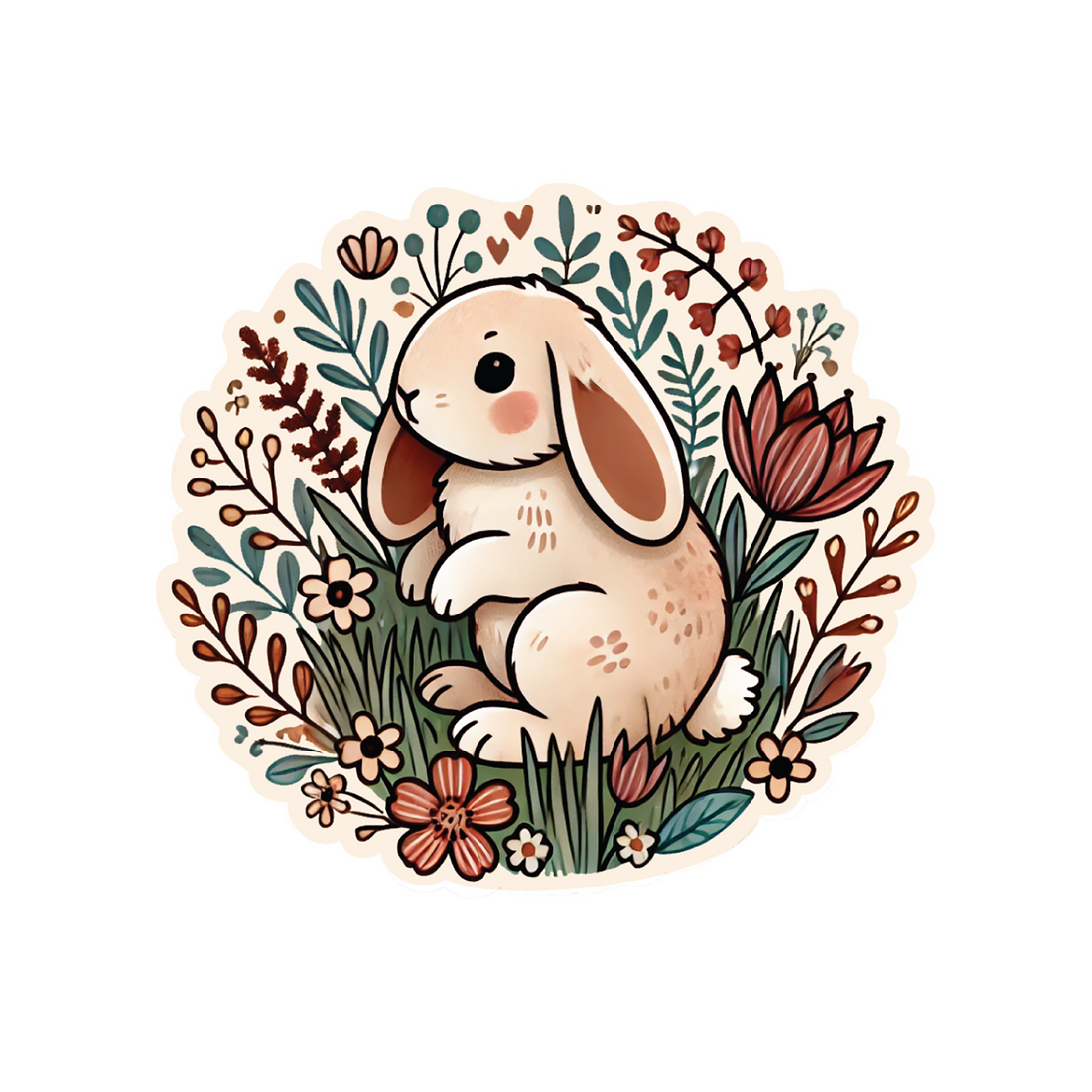
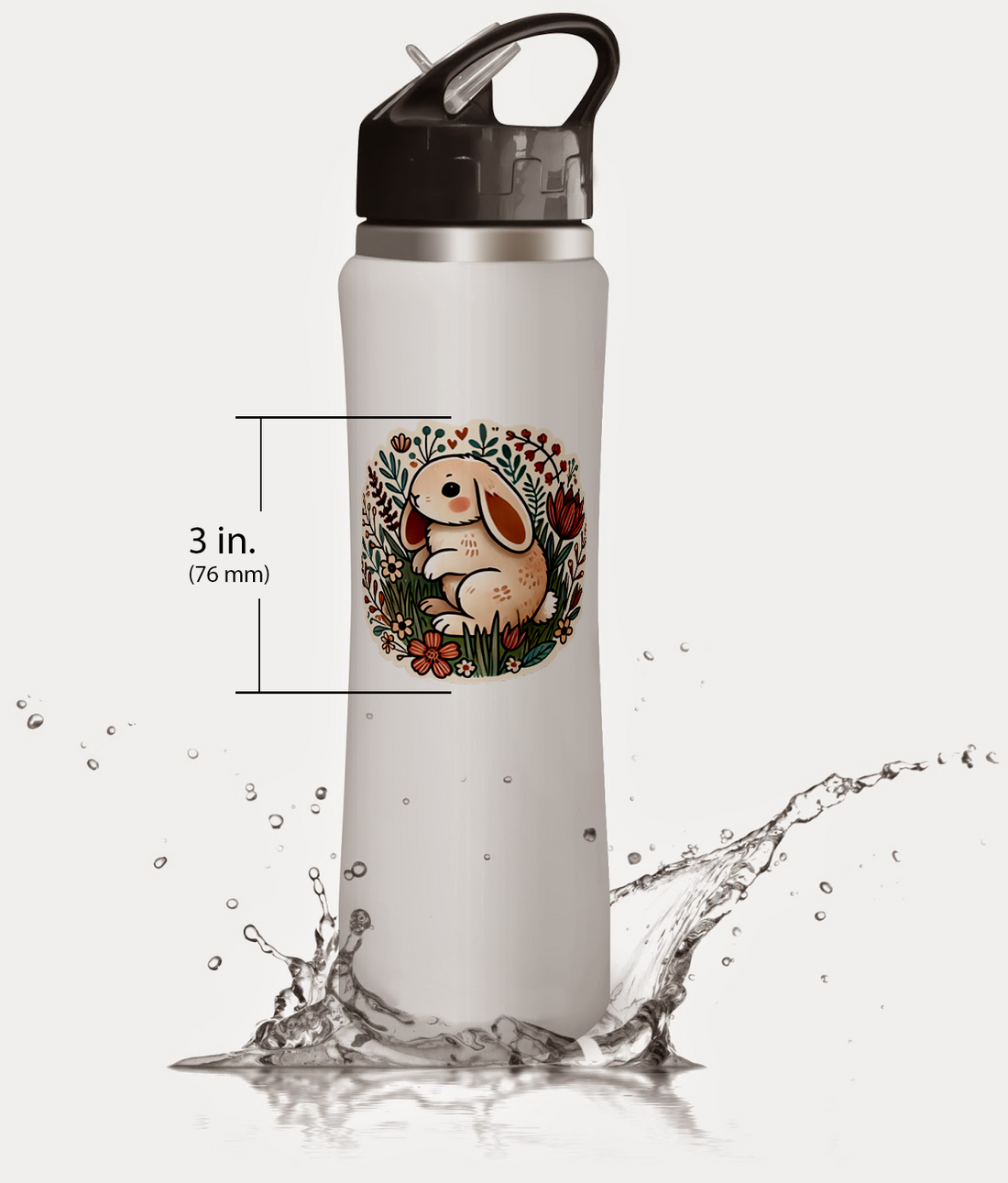


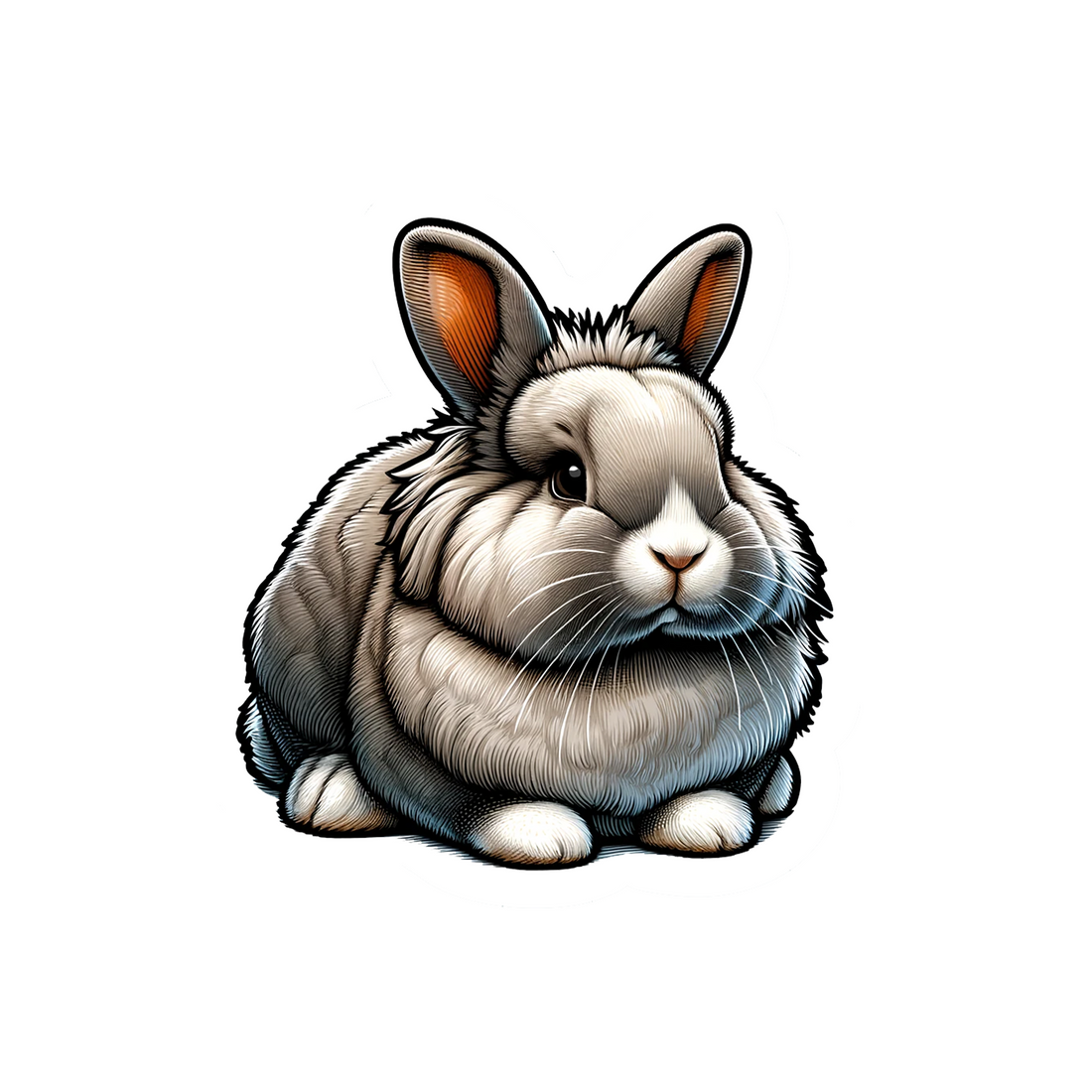
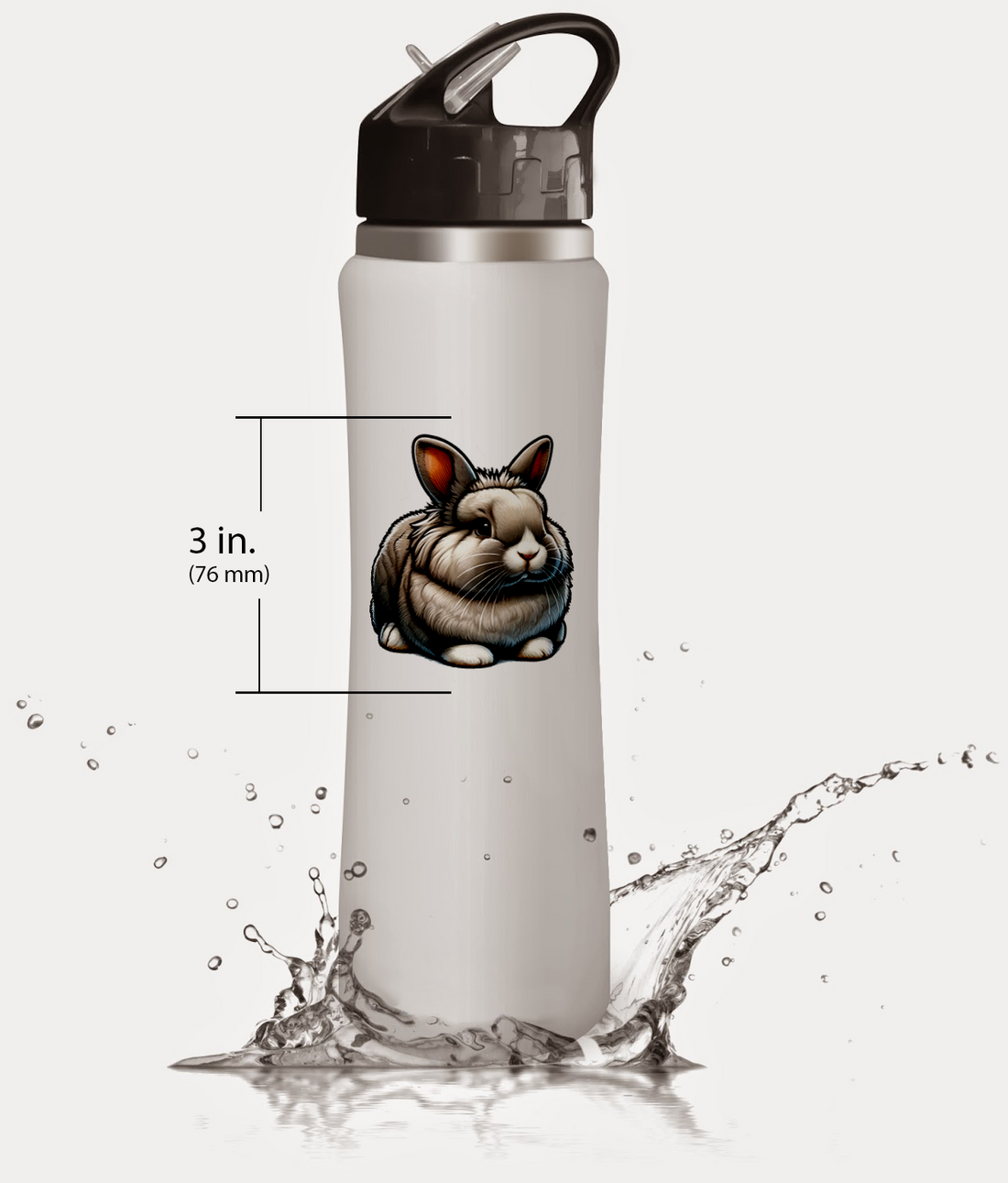
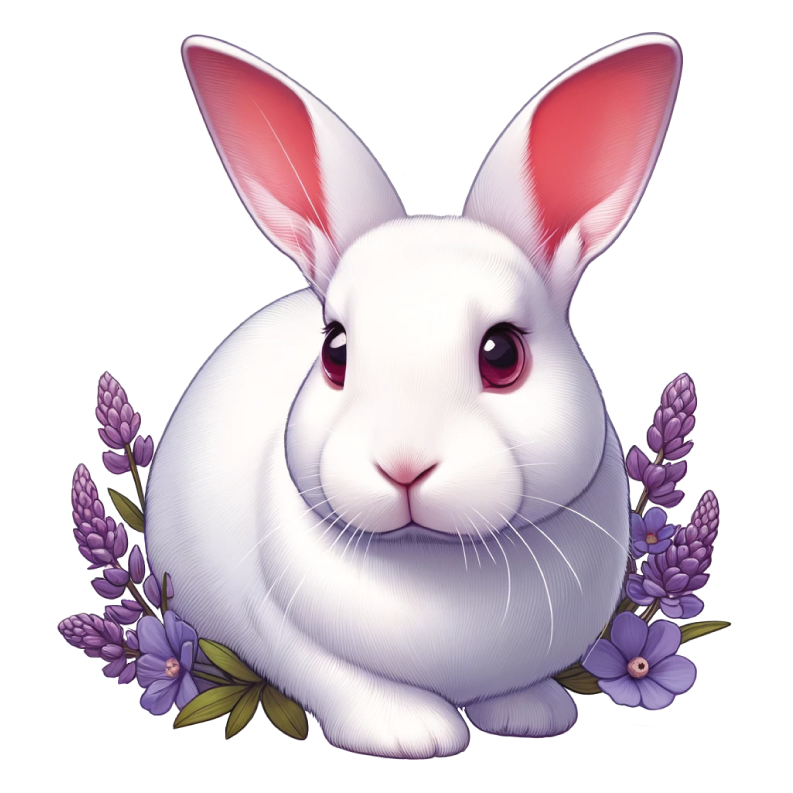
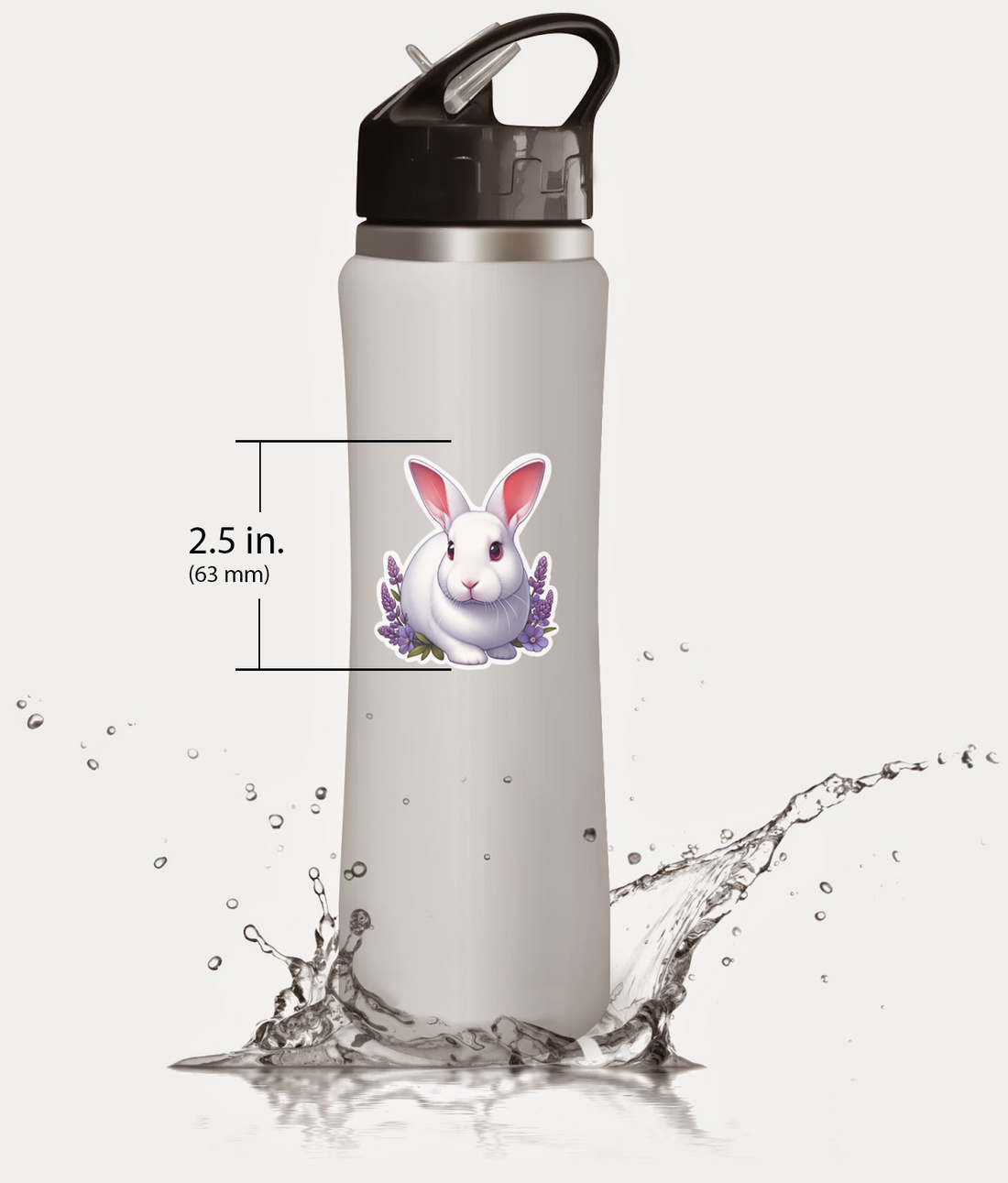




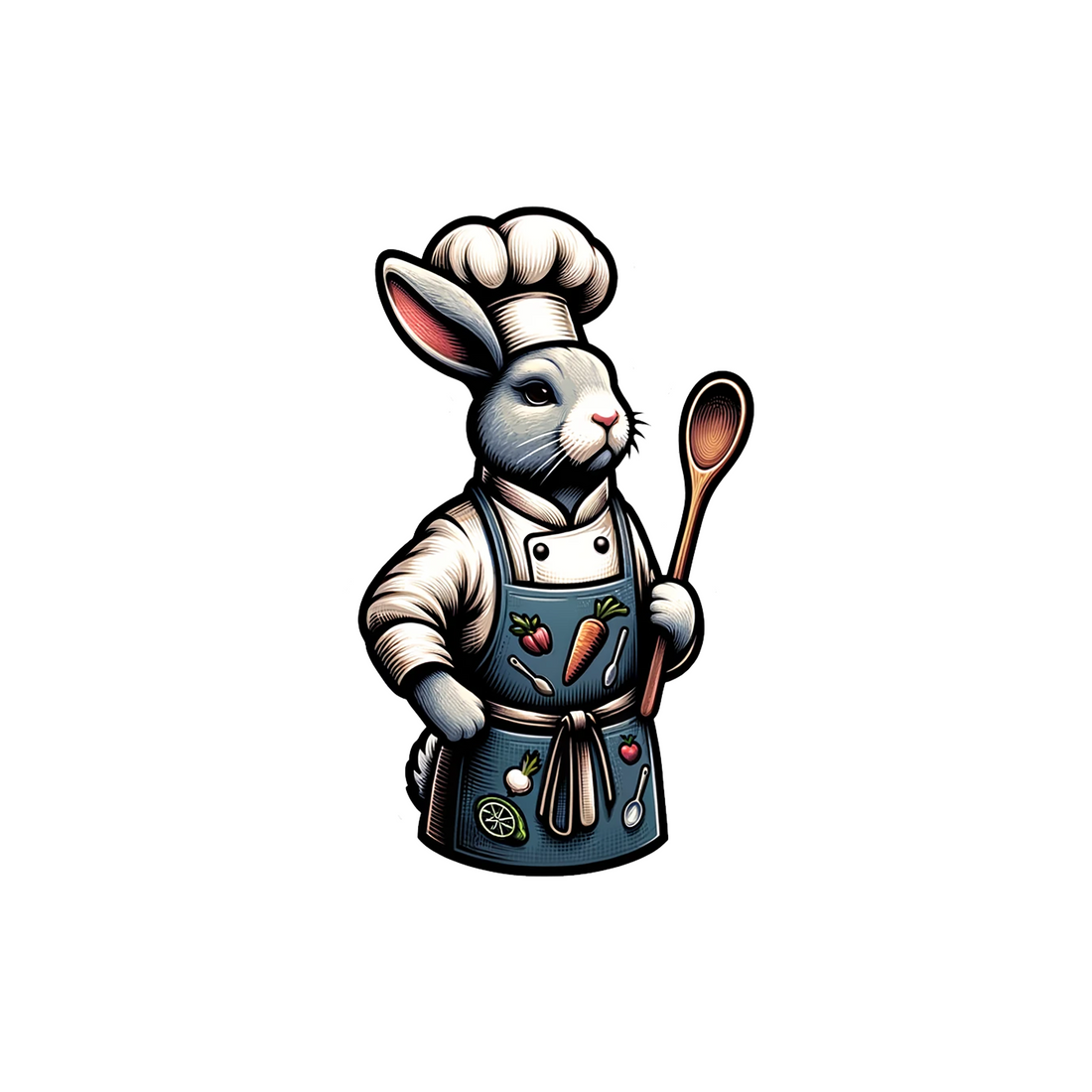
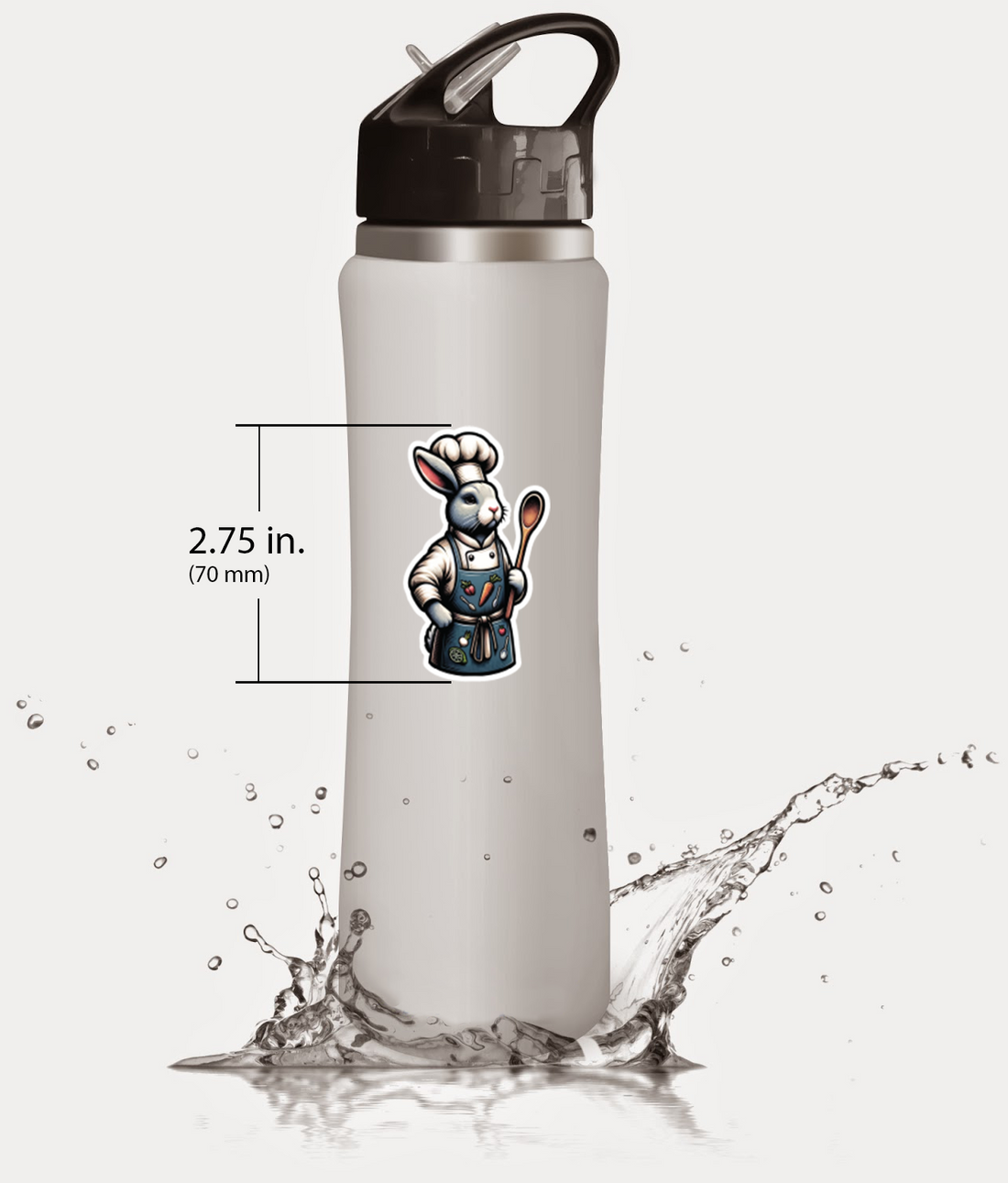
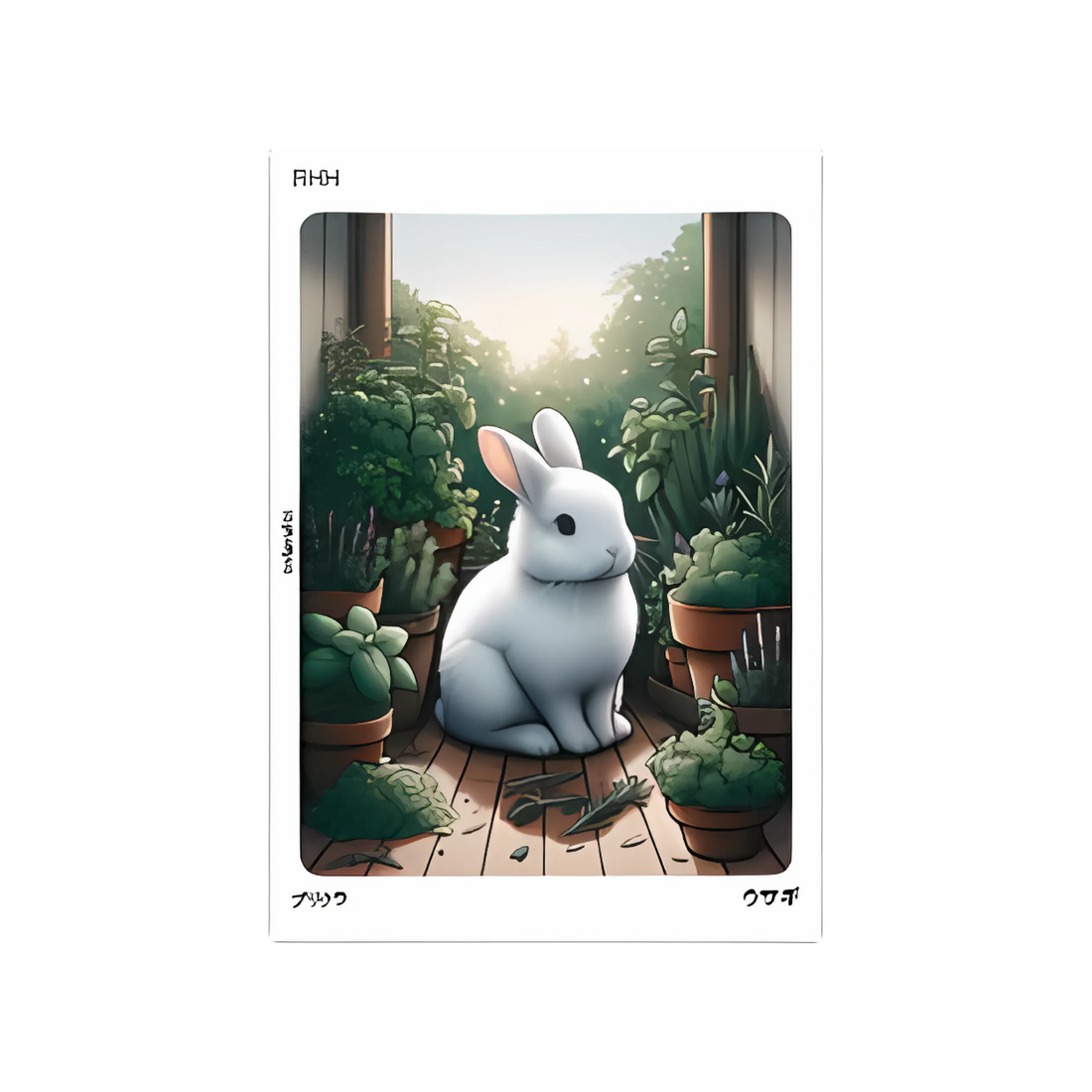

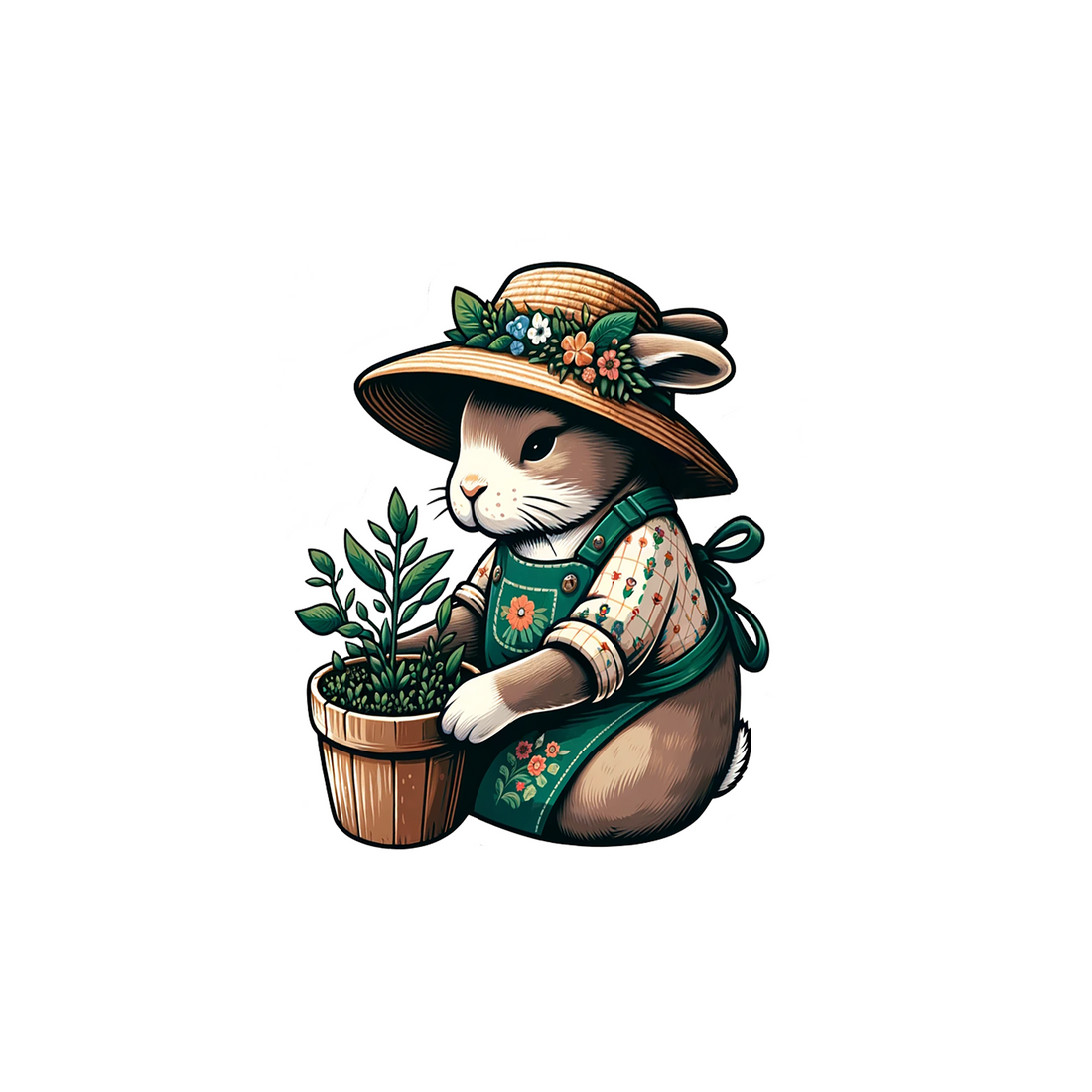



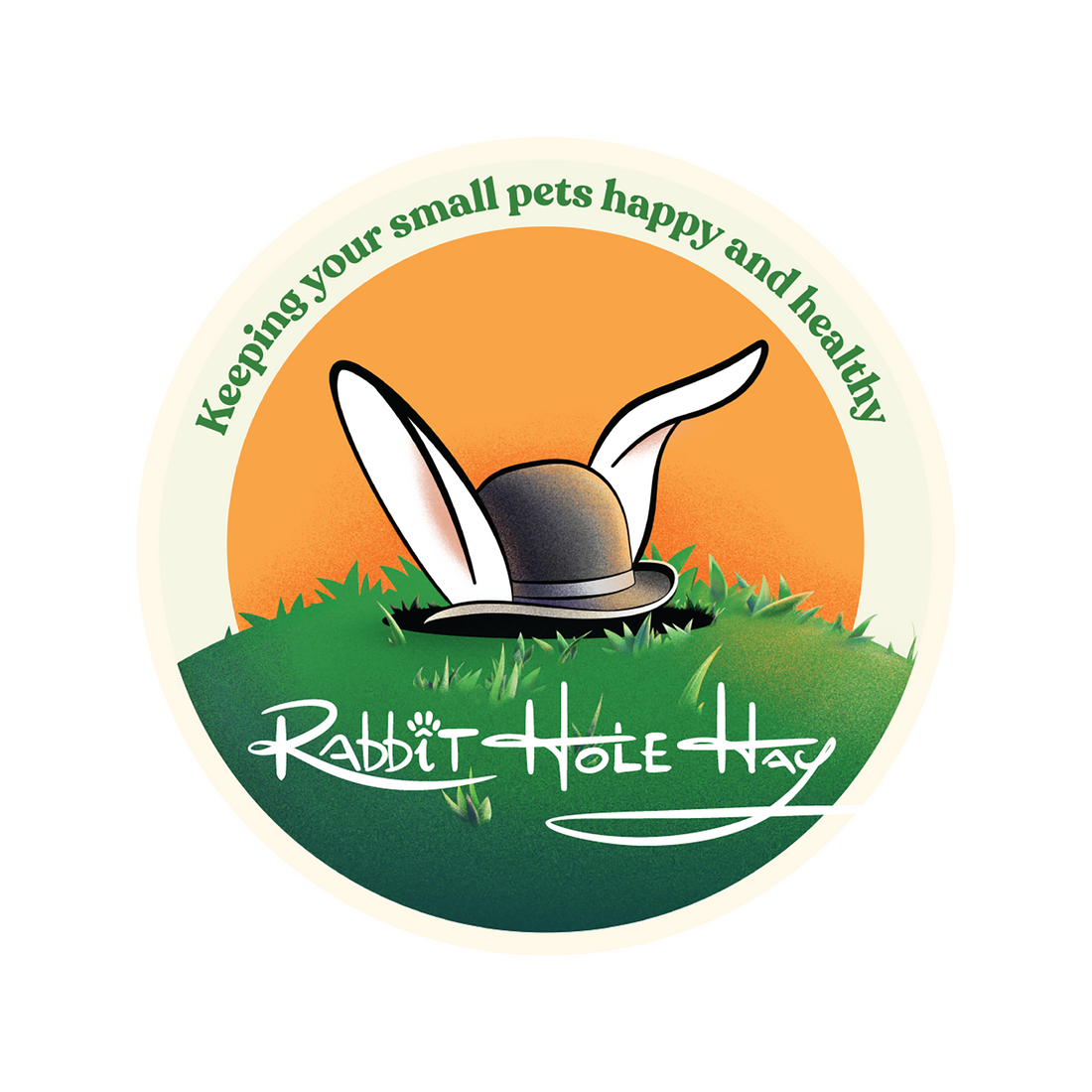






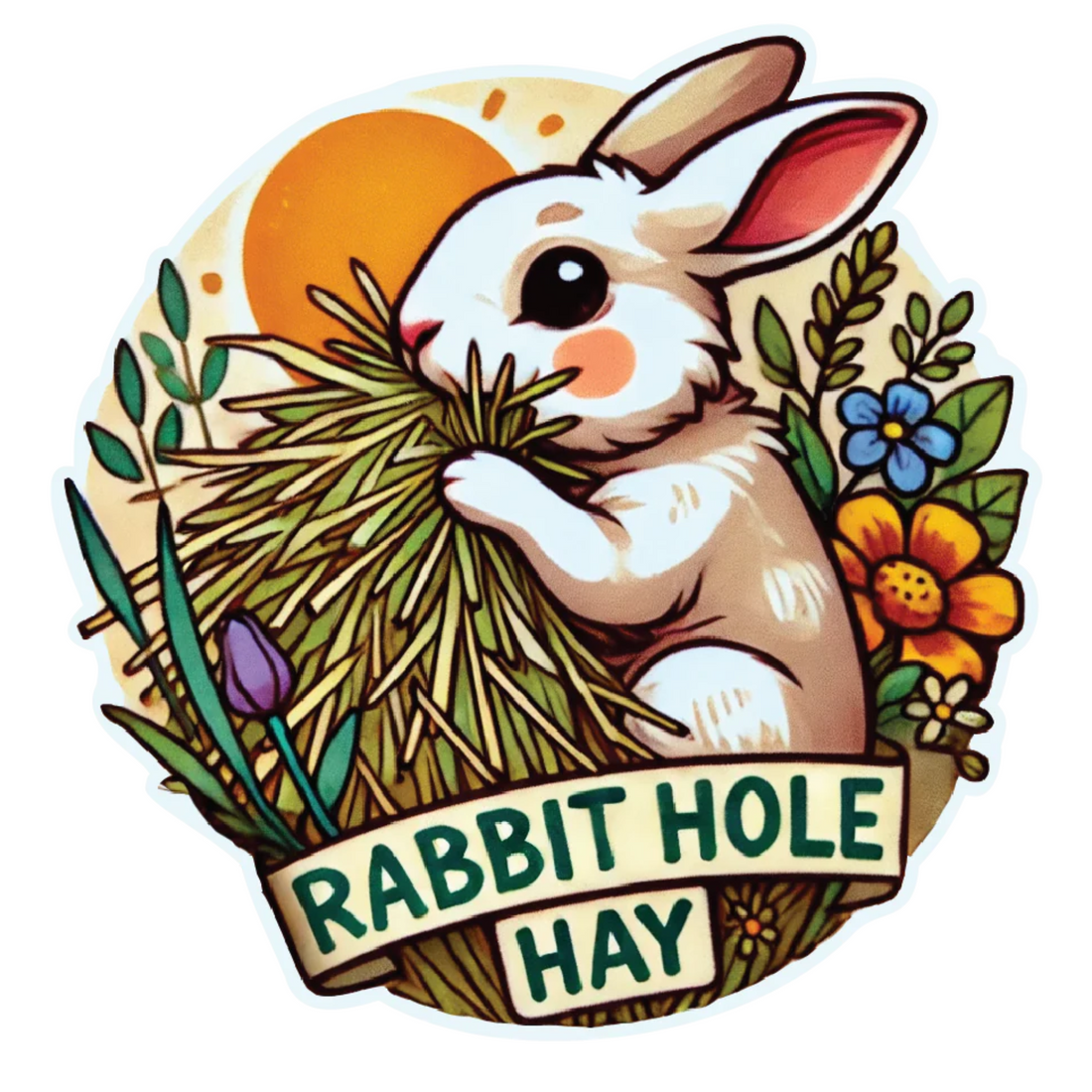
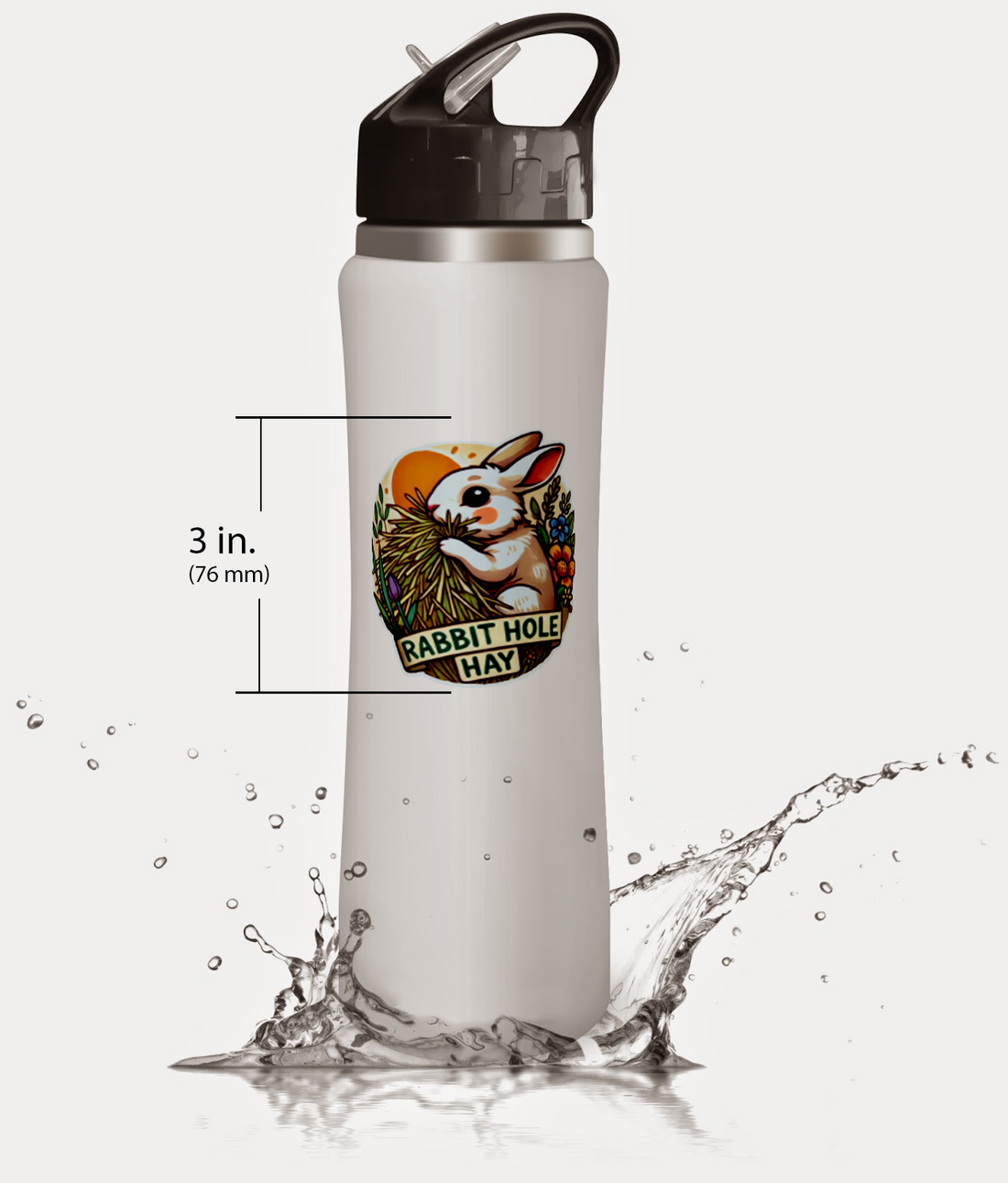












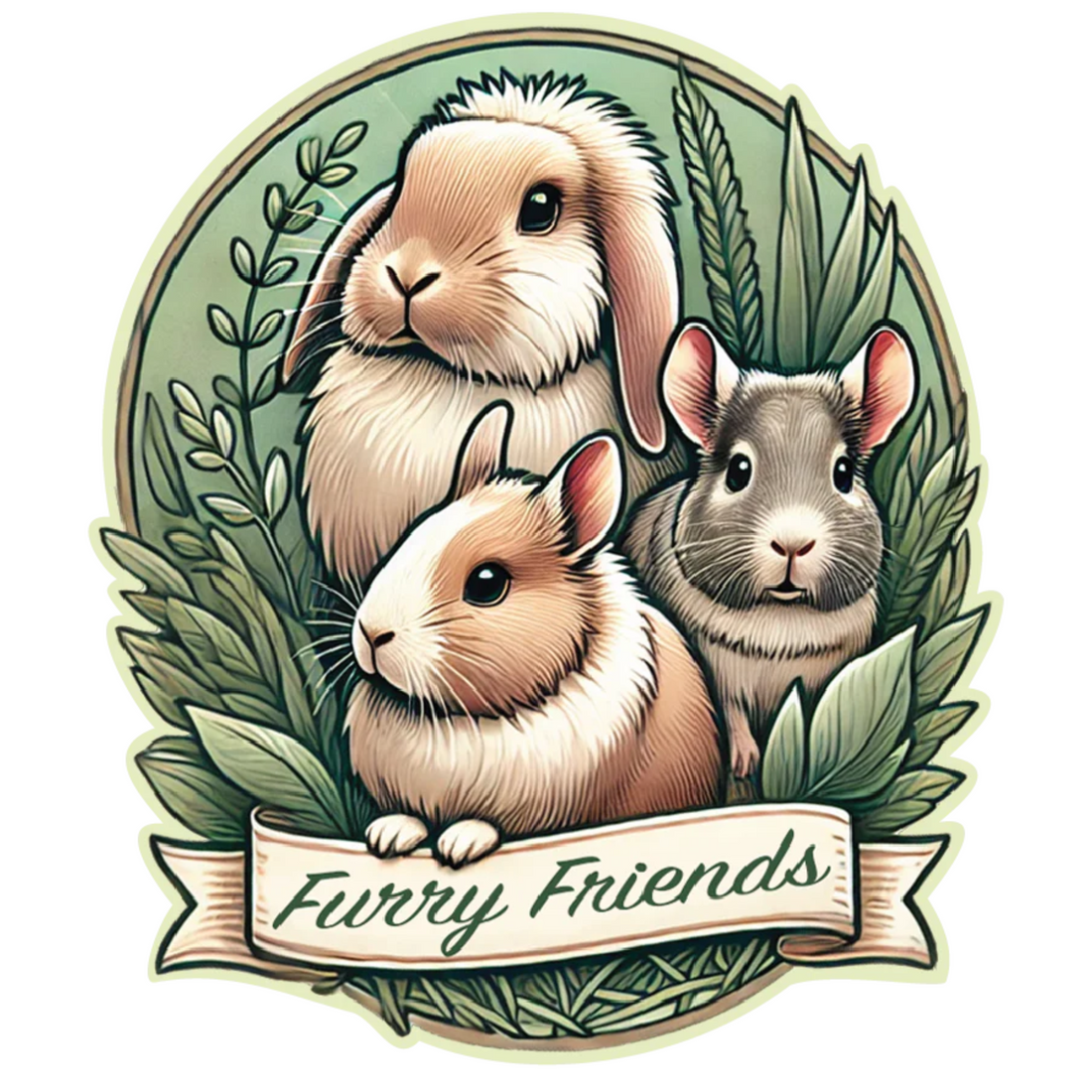
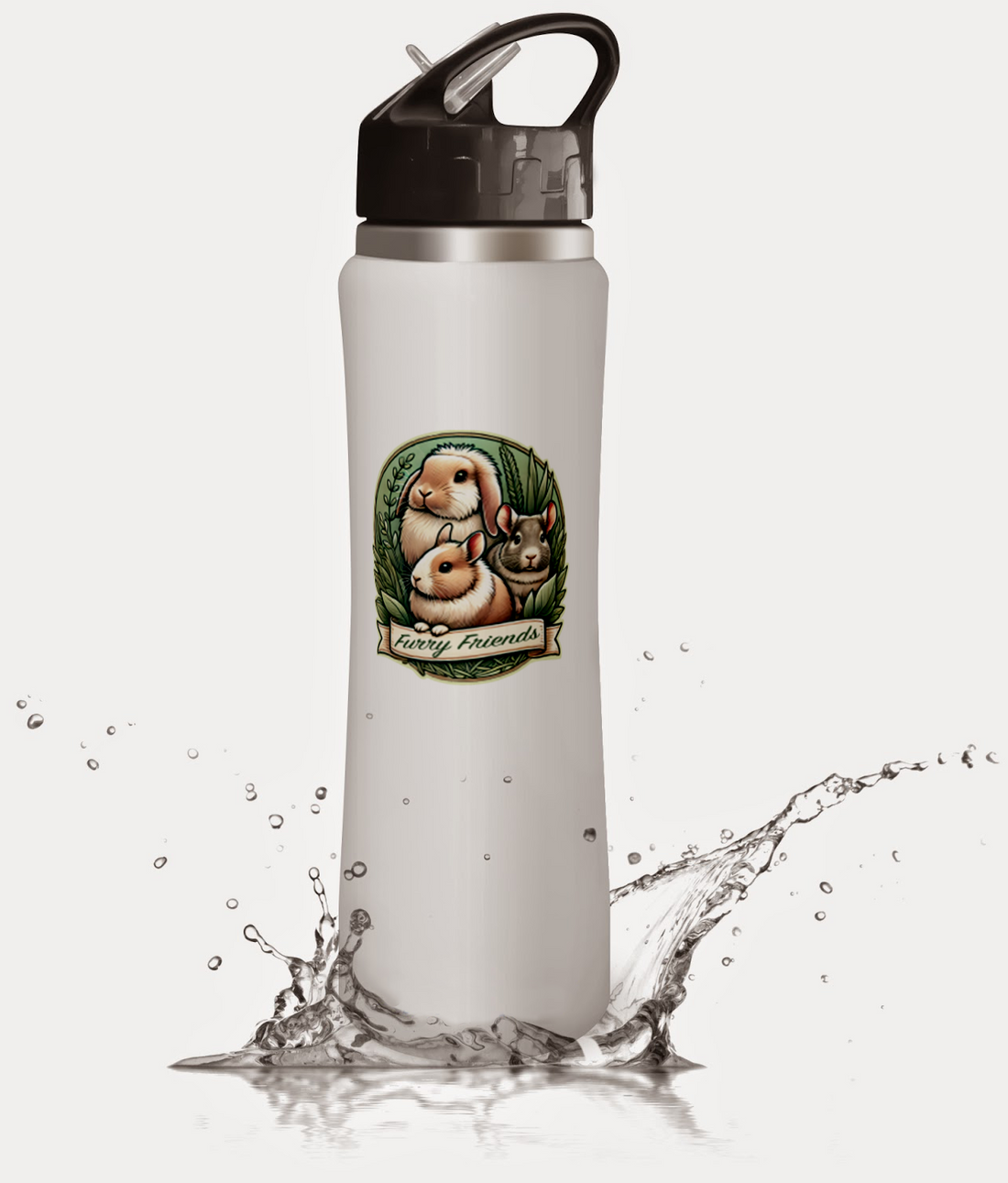


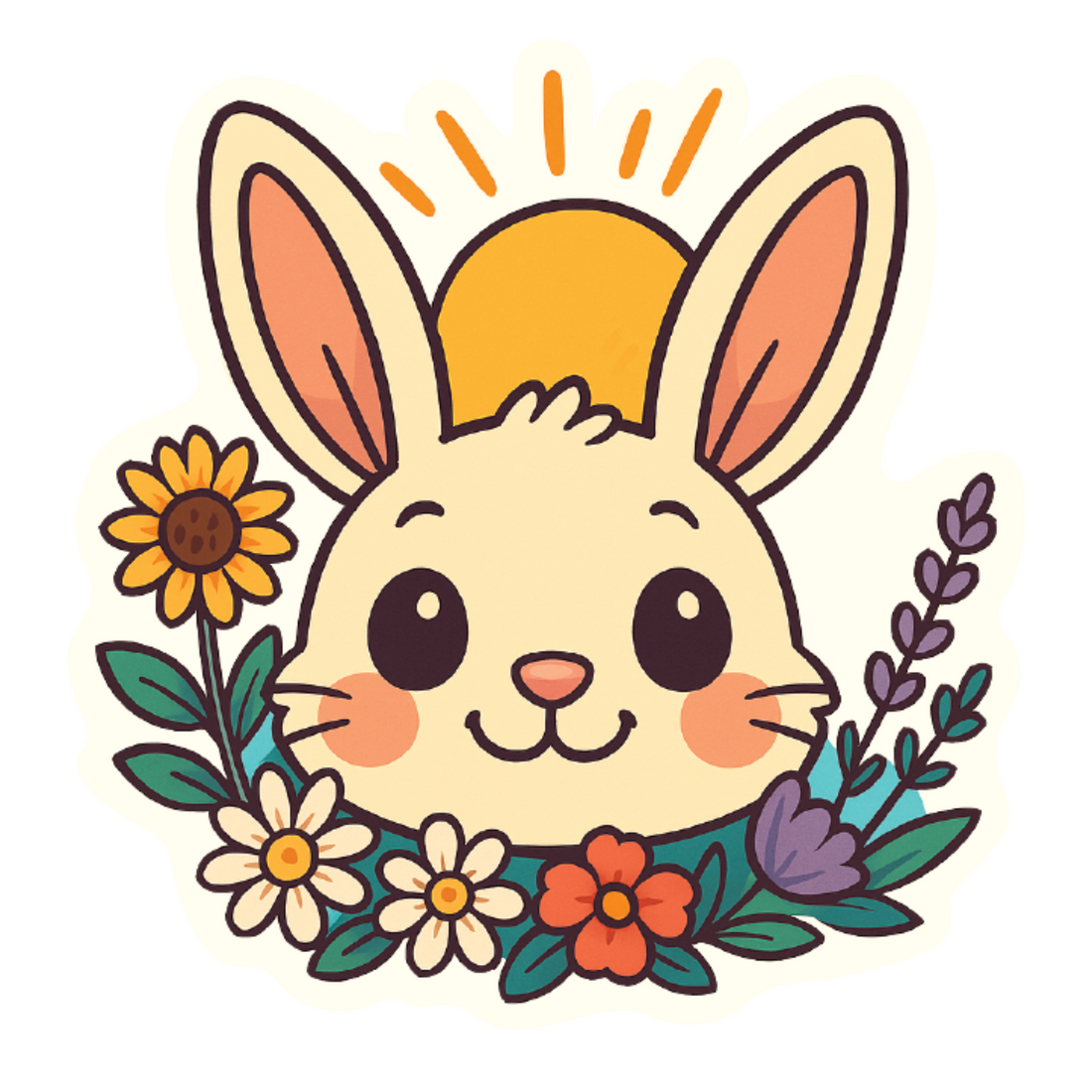








Comments